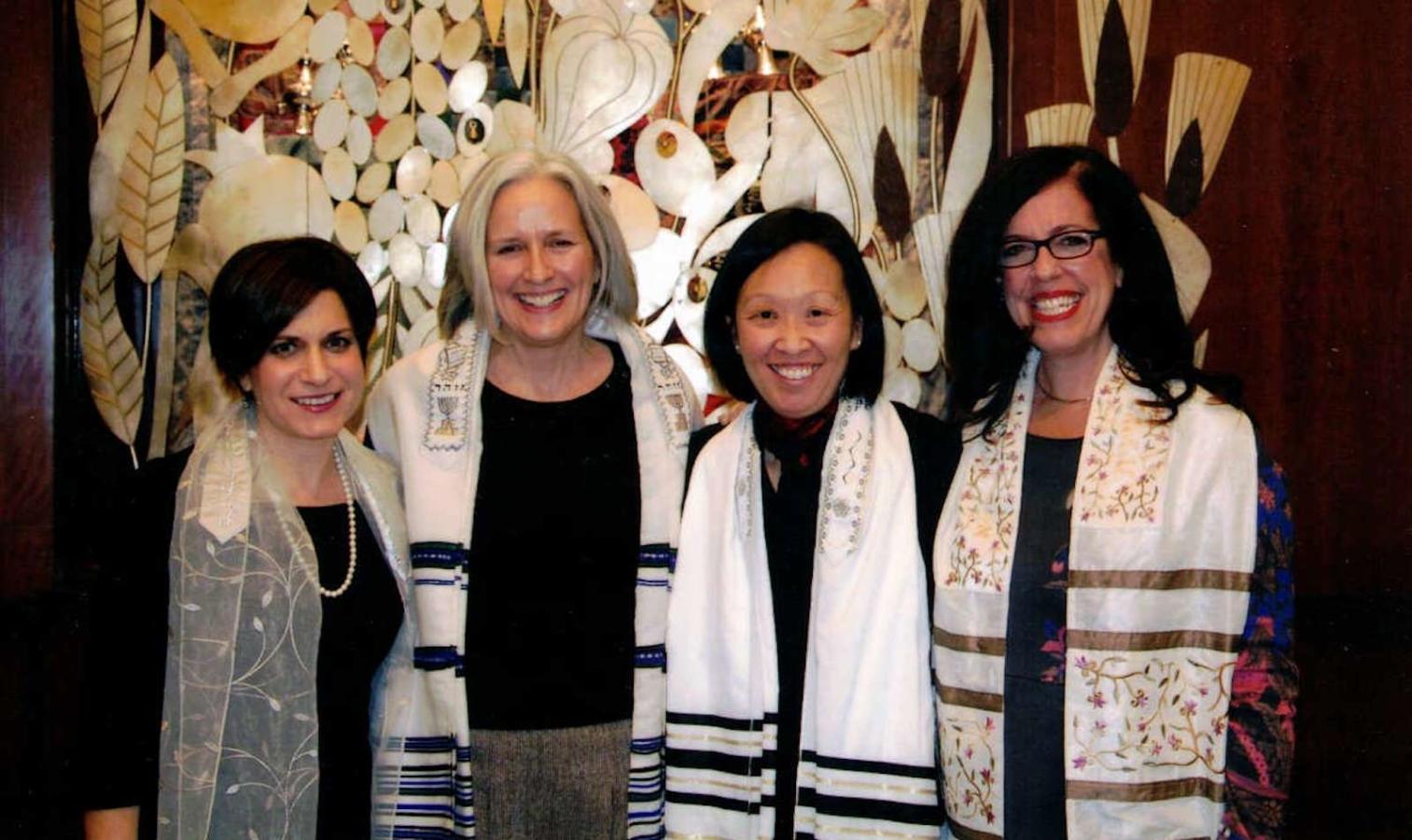This is a story about names — or more specifically, a story about my names. I have several.
When I was growing up in suburban Illinois, my teachers always wanted to call me Sue or Suzy. My cousins all had donned American names, but for some reason, I held steadfast to my given Korean name, Soo Ji, and shunned attempts to anglicize it.
Soo Ji is based on two Chinese characters. The first character, Soo, means excellence. The second, Ji, is based on the Chinese character for knowledge. My sister and I share the same first character, demonstrating our direct sibling relationship. Similarly, Korean males of the same generation will share a common character across all family lines.
I didn’t choose my Korean name, but I did choose to keep it. Similarly, when I chose to become Jewish, I didn’t choose my Hebrew name. It sort of chose me.
With your help, My Jewish Learning can provide endless opportunities for learning, connection and discovery.
As part of my conversion process, I studied Hebrew with a tutor. Learning Hebrew, I was told, would greatly enhance my understanding and appreciation of Judaism. The Hebrew alphabet reminded me of Hangul, the Korean alphabet. Both are phonetic, with each letter representing a sound. Some of the characters even looked alike and changed sounds depending on their location.
Granite Amit wasn’t any ordinary Hebrew tutor. An Israeli-born artist, Granite was the daughter of David Palumbo, who designed the gates at the Knesset and the memorial building at Yad Vashem. Her name, too, signified something. Her father had been working in granite at the time of her birth and she used to joke that her name might otherwise have been clay or stone.
Our first Hebrew lesson went something like this. Early one evening, Granite took me to a classroom at the synagogue. The sun was setting and the building was quiet. She set a boom box on the table, inserted a cassette, and then left the room. For the next 20 minutes, I meditated on the Aleph, the first letter of the Hebrew alphabet.
Fast forward about eight months and I’m getting ready submerge in the mikveh. My appointment had been scheduled. The beit din convened. Lunch reservations at Maggianno’s were booked. All I needed was a Hebrew name.
Names are simultaneously signifiers and storytellers and choosing one as an adult is not an easy task. I didn’t have any deceased Jewish relatives. I couldn’t ask my parents. I didn’t have Jewish in-laws or any Jewish family for that matter. I was on my own.
I remember sitting in Granite’s kitchen early one evening. She had set out some books of Hebrew names. Granite suggested we find a name that starts with the letter S, like my Korean name. But I didn’t really want to pick a name out of book. It just didn’t feel right.
Like most memories that are veiled in the darkness of the distant past, my Hebrew name emerged.
“How about Seeprah,” suggested Granite.
“Seeprah?,” I responded.
“It’s a verb,” said Granite. “Samech, peh, reish. It means to tell a story. She who tells her own story.”
Yes, of course. Seeprah.
Names can contain a hope or promise. In part, I cleaved to my given Korean name as a piece of my foreign-born identity that I wanted to remain intact. My Hebrew name was an opportunity to add on another layer of identity—albeit one much more fluid and flexible.
I have always believed in the power of stories. Storytelling, at its best, can be transformational. And Judaism for me has always been, and will continue to be, an unfolding. For now, as I share the story of my Hebrew name, I am fully being myself.
SooJi Min-Maranda is the executive director of ALEPH: Alliance for Jewish Renewal.
Are you considering conversion to Judaism? Sign up here for a special email series that will guide you through everything you need to know.


